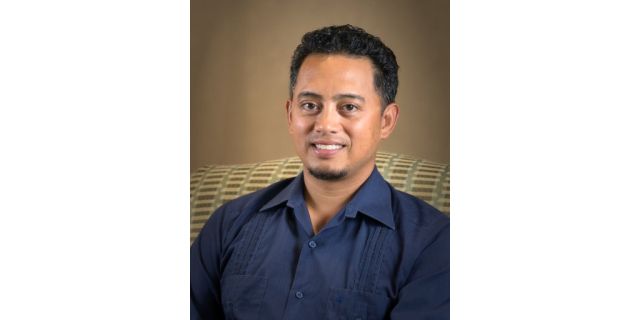
A new project at one of the nation’s largest Hispanic-Serving Institutions (HSIs) is exploring the possibility of adding a certification to a student’s diploma if they take a certain number of courses in Spanish within a discipline or degree plan.
Under the project, faculty at the University of Texas-Rio Grande would offer students the opportunity to take core (“gateway”) courses in math and biology in a Spanish and/or bilingual format.
More than 91 percent of students at UTRGV are Hispanic. The total number of students was over 24,000 in 2017.
This fall, UTRGV’s College of Sciences was awarded a $1,480,002 research grant by the National Science Foundation (NSF) that proposed innovative research focusing on the science, technology, engineering, and mathematics (STEM) fields.
The grant began Oct. 1, 2018, and is scheduled to end Sept. 30, 2023.
According to a UTRGV statement, the project “Transforming Undergraduate Education in STEM Through Culturally Relevant Pedagogy and Community Engagement,” will focus on STEM courses that impact student capacity, skills, knowledge, as well as attitudes and perceptions towards science and STEM-related careers.
For instance, if a student took enough biology courses in Spanish, the diploma would show a degree in biology and a proficiency in biological Spanish.
“It’s a way to invite students to explore fundamental concepts in math and sciences while recognizing the ability of students to learn in a bilingual modality,” said Dr. Alexis Racelis, who is an assistant professor in the UTRGV School for Earth, Environmental and Marine Sciences. “You’re learning two things at once.”‘‘We are all excited for the tremendous potential this project has in improving undergraduate STEM education at Hispanic Serving Institutions.
Another initiative is to have faculty teach classes under the Community Engaged Scholarship and Learning (CESL) framework, which emphasizes engagement in ongoing community-based projects.
The U.S. Army Corps of Engineers has been tasked with…
Brown and Caldwell, a leading environmental engineering and construction firm,…
Humboldt State University, one of four campuses within the California…